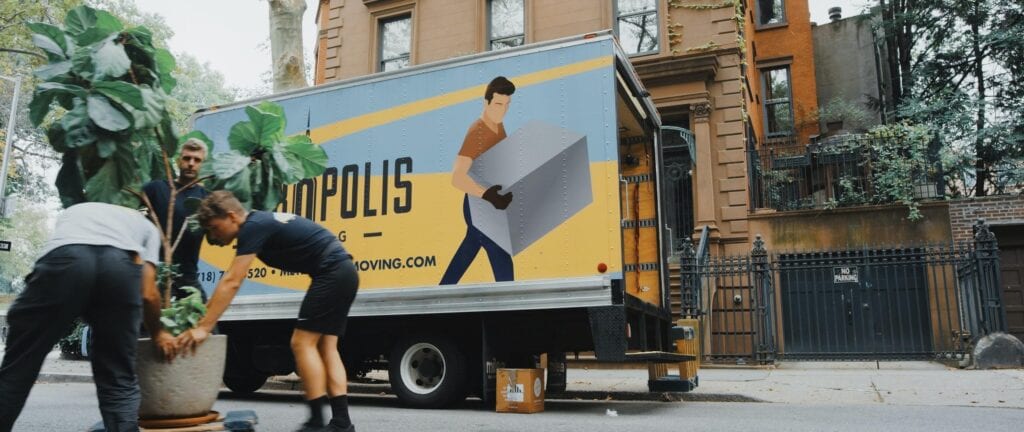When you are moving to a new home, there are many expenses to account for. Before embarking on this journey, decide on areas where you can splurge versus the areas where you want to try to save cash. By doing this, you can develop a realistic budget for your upcoming move. In this article, we will share how to budget for an upcoming move.
1. Relocation Expenses
Many people decide to splurge by hiring professional packers. When you use professional packers, you can eliminate much of the time and energy that is used loading and unloading boxes. When you have a condensed time frame or a house full of children, this assistance can be critical. In most cases, hiring professional packers is worth the expense. Not only do these professionals precisely pack your boxes in a strategic way, they help the move take place in a timely manner.
If you are looking to save money during the moving process, you can complete this process using the help of friends and family. Purchase moving boxes at your local home improvement store. On the day of your move, ask close friends and family members to help you transport your boxes into a moving truck. Although this requires manual labor, it can save you hundreds of dollars.
2. Prep for Home Improvement Projects
When you purchase a new home, there are likely small projects that you want completed before your belongings are moved in. During these projects, you can decide if you want to save or splurge. When you are completing projects with your own two hands, you typically save a large sum of money. When you hire external help, you typically get better results at a higher expense. Projects that can be easily accomplished on your own include:
- Interior painting
- Replacing the kitchen backsplash
- Furnishing and decorating the space
Projects that require expertise include:
- Rewiring electrical components
- Changing out appliances
- Refinishing the floors
- Exterior painting
By evaluating your skills and your capacity, you can determine which projects you can complete on your own.

3. Closing Costs
When you close on your home, you will be responsible for paying closing costs in addition to your down payment. This fee usually costs between 3% and 5% of your overall home value. After preparing the down payment, many people are startled by the cost of closing expenses. In order to cut back on costs, there are a few options that you can consider:
- If you find damages or issues within the home, ask the seller to cover a percentage of your closing expenses
- Ask your lender to credit a portion of your closing fees
- Vet out the fees charged by various banks and lenders
By completing these tasks, you can save thousands of dollars on your closing costs. If you are interested in completing the transaction quickly, you can expect to pay shockingly high fees.
Summary
When you move, there are dozens of small expenses that you may not be accounting for. It is important to do thorough research and think ahead so that you are not shocked by unexpected fees and expenses. When you plan ahead, you can save money in the moving process.






